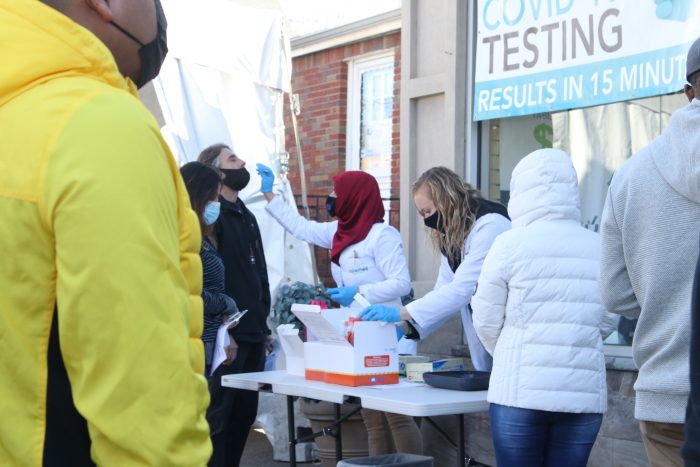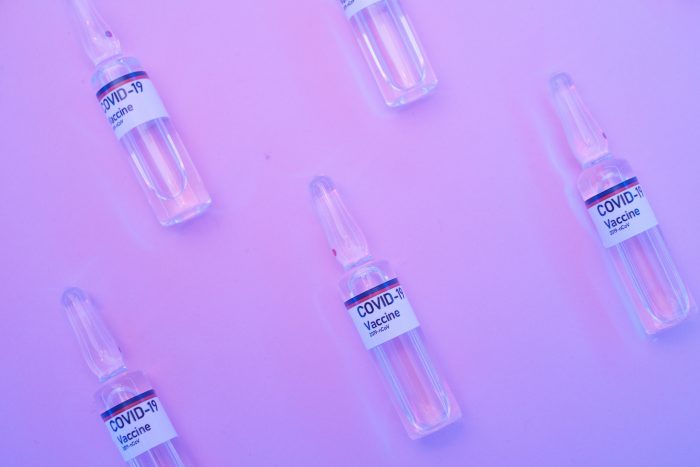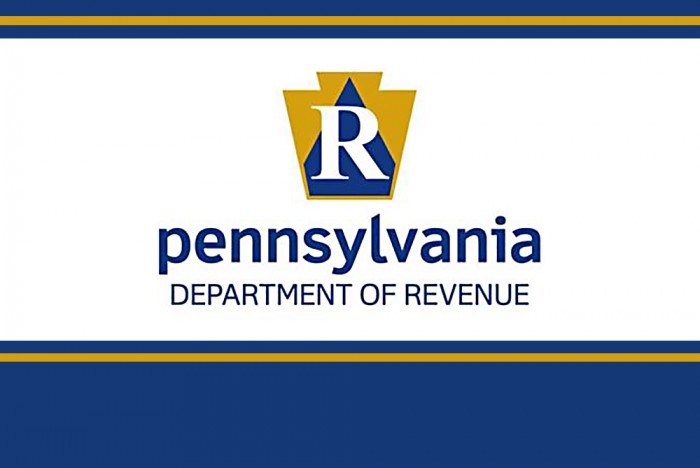Jack Phillips
Wolf Administration Extends Regional Congregate Care Assistance Teams to Continue Support to Long-Term Care Facilities

DOH Launches PA Project Firstline for Infection Prevention And Control Knowledge To Frontline Healthcare Workers
Wolf Administration Announces Plans for $303 million to Support Child Care Providers Across Pennsylvania
Revenue Department Releases February 2021 Collections
Wolf Administration Kicks Off Problem Gambling Awareness Month By Highlighting Available Resources And Help

Gov. Wolf Revises Mitigation Order on Gatherings and Lifts Out-of-State Travel Restrictions
Erie County Republican State Senator Backs Plan to Legalize Marijuana
Legislative, Budget and Finance Committee Releases Study on Community Mental Health
Today, the Legislative, Budget and Finance Committee (LBFC) released a study on community mental health services. Last year, the General Assembly adopted House Resolution 515 of 2019, which directed LBFC to conduct a broad-based study of Pennsylvania’s county administered, community-based mental health (MH) services. The resolution directed LBFC to collect and present information on 10 comprehensive and complex data points.
In response to HR 515, LBFC modified the objectives and scope and focused on creating observational summaries of data, which were collected from various state agencies, including the Department of Human Services (DHS), the Department of Health (DOH), the Department of Corrections (DOC), and the Health Care Cost Containment Council PHC4). LBFC also surveyed all county MH Administrators. The report can be found on the LBFC’s website.
DDAP Releases February Vaccine Update
Rite Aid Pharmacy Partnership with Residential Drug and Alcohol Treatment Providers
The Pennsylvania Departments of Human Services, Health, and Drug and Alcohol Programs have established a partnership with Rite Aid to ensure providers of congregate care settings throughout the commonwealth have access to the COVID-19 vaccine. The partnership is a result of a survey sent to DDAP residential treatment providers on January 26, 2021, to better understand how many providers were still in need of establishing a partnership with a vaccine provider in Pennsylvania.
If you are a residential treatment provider still in need of establishing a partnership, please let us know by contacting DDAP’s Dan Miller. If your facility meets the qualifications to participate in this partnership, we will connect you with a Rite Aid location who can come to your residential facility to vaccinate your residents and staff. To identify a vaccine provider in your local area, visit this web page.
Your Turn Eligibility Tool
If you or your staff are unsure if you qualify to receive a COVID-19 vaccine during phase 1a of Pennsylvania’s vaccine distribution plan, the Wolf Administration recently released the Your Turn tool to identify eligibility and provide notifications when you, or a loved one, are eligible for vaccinations.
Vaccine Supply Remains Limited
It is important to note that the vaccine supply is still very limited throughout the commonwealth and we ask for your patience as more vaccine becomes available. For the most up-to-date information on the COVID-19 vaccine and Pennsylvania’s vaccine distribution plan, visit the Department of Health’s website.














